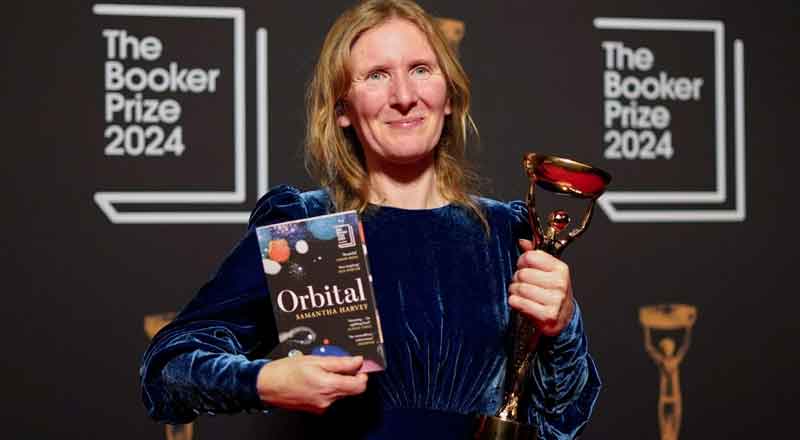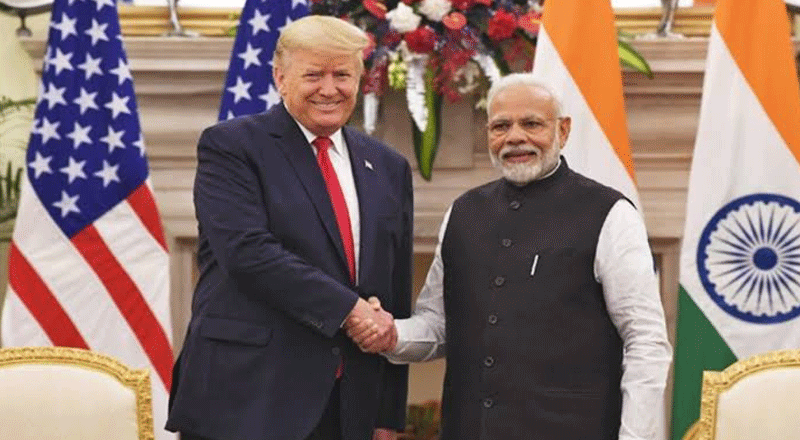A Brief History of the Booker Prize
Established in 1969, the Booker Prize has become one of the most prestigious literary awards worldwide, celebrating exceptional fiction written in English and published in the UK or Ireland. The award has launched the careers of numerous writers and honored icons like Salman Rushdie, Margaret Atwood, Hilary Mantel, and Bernardine Evaristo. Known for championing literary innovation, the Booker Prize has honored stories that push boundaries in style, theme, and form, capturing the human experience in new ways. This year, Samantha Harvey made history as the first author to win the Booker Prize with a novel set-in space, marking a unique addition to the prize’s legacy.
Samantha Harvey’s Orbital: A Cosmic Perspective on Earth
British author Samantha Harvey’s winning novel, Orbital, explores humanity and Earth from the extraordinary vantage point of the International Space Station. The story, which unfolds over 24 hours, follows six astronauts and cosmonauts as they observe Earth’s rapid transitions, witnessing 16 sunrises and 16 sunsets in a single day. Through this view of continents, seasons, and ecosystems cycling past in quick succession, Harvey’s novel captures a sense of awe and fragility, inviting readers to reflect on Earth’s beauty and the critical need to protect it. Harvey’s poetic exploration of space has resonated deeply with audiences, making Orbital the best-selling book on this year’s Booker shortlist and even outselling the last three Booker winners combined.
Dedication to Earth and Peace
In her acceptance speech, Harvey dedicated her Booker Prize to those who “speak for and not against the Earth” and who “work for and not against peace.” These sentiments align with the novel’s themes, as Orbital draws attention to environmental preservation and the human responsibility to safeguard the planet. Writing from her desk in Wiltshire, Harvey admitted she questioned her authority to write about space—a place she had never been—but ultimately, her dedication to sharing this cosmic perspective won her the admiration of both readers and the Booker judges.
The Making of Orbital and Harvey’s Literary Journey
The creation of Orbital was a project of persistence and vision. Written during the UK’s pandemic lockdowns, Harvey crafted the narrative while contemplating humanity’s isolation and interconnection. “I was writing about six people trapped in a tin can,” she shared with BBC Radio 4, drawing parallels between the astronauts’ confined existence and the collective experience of lockdown. Orbital is Harvey’s fifth novel, following her 2009 debut, The Wilderness, which was longlisted for the Booker Prize.
At 136 pages, Orbital is one of the shortest novels to ever win the Booker Prize, second only to Penelope Fitzgerald’s Offshore, which won in 1979 with 132 pages. Its brevity and intensity captured the essence of the characters’ 24-hour journey, while Harvey’s rich, lyrical prose gave it a depth and beauty that the judges commended. Booker Prize chair Edmund de Waal praised Orbital as a “book about a wounded world,” applauding Harvey’s ambition and the “language of lyricism” that runs throughout her writing.
A Historic Shortlist
This year’s Booker shortlist broke new ground with its majority female representation, featuring five women among the six nominated authors—the largest number of women in the prize’s 55-year history. Alongside Harvey, the shortlist included acclaimed authors such as Percival Everett for James, Rachel Kushner for Creation Lake, Anne Michaels for Held, Yael van der Wouden for The Safekeep, and Charlotte Wood for Stone Yard Devotion. This diverse selection reflects Booker’s dedication to recognizing global talent and promoting a variety of voices and perspectives in contemporary fiction.
A Life-Changing Honor and a Vision for the Future
Harvey’s win with Orbital marks a landmark moment for the Booker Prize, recognizing both the power of literary imagination and the need for global awareness of our planet’s fragility. The £50,000 prize will, as Harvey stated, help her purchase “a good bike,” but the award’s significance extends beyond material gains, as it propels her into an elite group of Booker laureates and highlights her environmental and humanitarian advocacy.
As the Booker Prize continues its tradition of honoring ground-breaking literature, Harvey’s Orbital stands as a reminder of the power of perspective, urging readers to contemplate their place in the universe and the stewardship of the only home they know.
(With inputs from agencies)





